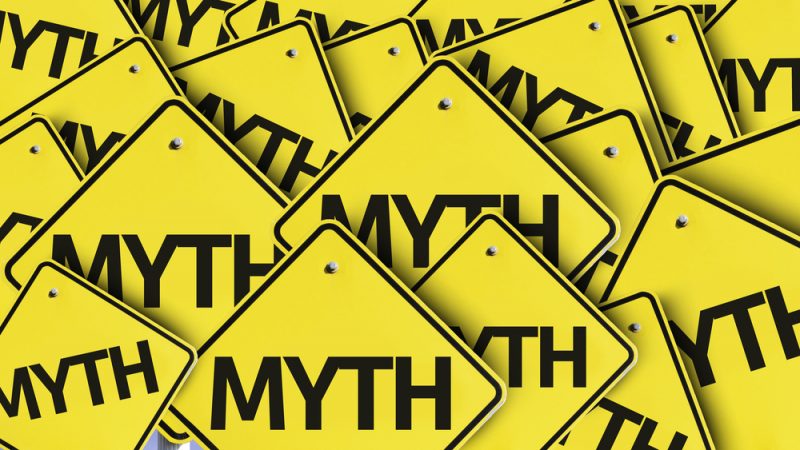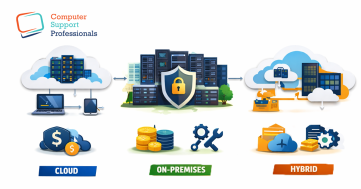Just like urban myths, cyber myths exist that sound so real they could also be true.
Believing these myths may expose you to cybercriminals.
Myth #1: Anti-virus software and firewalls are 100% effective.
Truth: Anti-virus software and firewall installation services* are important for protecting your information. However, neither is guaranteed to protect you from an attack. Combining these technologies with good security habits is the best way to reduce your risk.
*Most operating systems include a built-in firewall feature that you should turn on.
Myth #2: I never have to update the software installed on my computer.
Truth: Software companies release updated versions of their software firewall installation services to address problems or fix weaknesses. Hackers and malicious programs or viruses can find weaknesses and will exploit that software to access your computer, smartphone or tablet. To keep your device secure, you should install any software update as soon as possible. Some software even offers the option for automatic updates.
Myth #3: I have nothing important on my computer, so I won’t be hacked.
Truth: Your opinion about what is important might be different to a criminal’s idea. If you have personal or financial data on your computer, hackers can collect it and use it for their own financial gain. Even if you don’t store that kind of information on your computer, a hacker may be able to gain control of your computer and use your data in attacks against other people.firewall installation services provides your system security.
Myth #4: Cybercriminals only target people with money.
Truth: Anyone can become a victim of identity theft. Attackers look for the biggest reward for the least amount of effort and if your information happens to be in a compromised database, it could be collected and used for malicious purposes. It is important to only share your personal details with people and organisations you trust.
Myth #5: A strong password will solve all my security issues.
Truth: Strong passwords are the first line of defence to protect your information from cybercriminals, but they can still be compromised. You should support your strong password with other measures such as two-factor authentication. If strong passwords are too complicated to remember, you can install a password manager on your computer, smartphone or tablet. It will generate and remember secure passwords for you and some password managers will sync across your devices.
Remember: Be diligent about protecting yourself online, so you don’t become the victim of a cyberattack.
For more information, please visit: www.staysmartonline.gov.au




